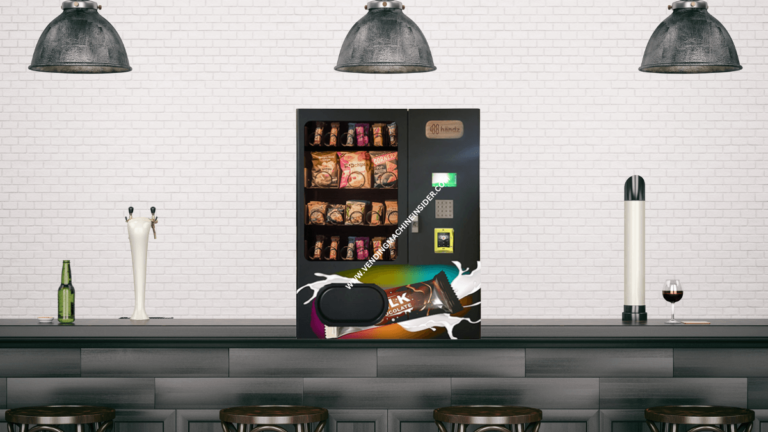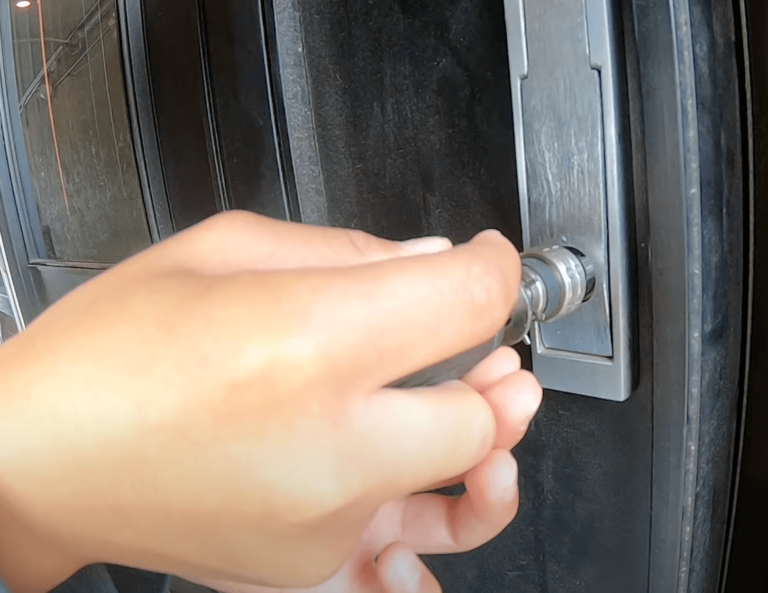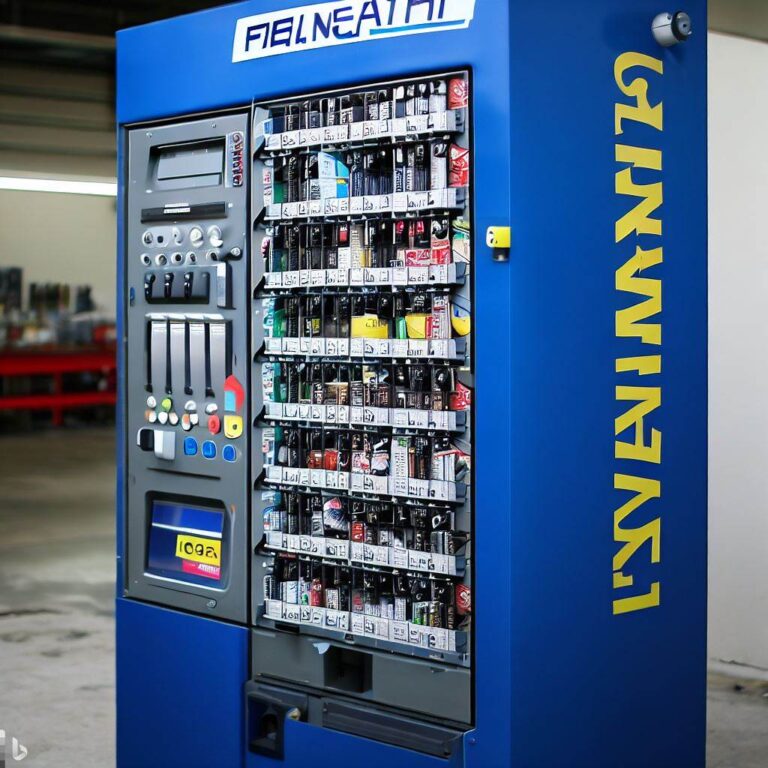How to Get Permission to Put Vending Machines: Special License
Vending machines are among the most interesting business opportunities out there, whether you’re interested in making some extra cash on the side or planning to expand.
If you want to know how to get permission to put vending machines, you’ve come to the right place!
To place your vending machine in a commercial space, you need to reach an agreement with the owners, whether the place is owned privately or by the government. You should also sign a contract that includes the terms of the agreement as well as the compensation fees or sales commission.
If you want to find out more details about vending machines’ business contract agreements and where you can put yours, keep on reading this brief guide!
READ: How Much Is a Vending Machine in Australia?
How to Get Permission to Put Vending Machines?
In order to establish your vending machine business, you need to get permission from where you’re placing it.
Step 1: Find Some Suitable Spots for Your Vending Machine
Whether you’ve already bought your vending machine or you’re planning on reaching an agreement with the commercial spot owners first, the first thing you need to do is to find the right location for your vending machine.
While choosing your location, you have to put a variety of aspects in mind, these include:
- Traffic: You want a spot with relatively high traffic, which means more customers
- Space Requirements: There should be enough space to accommodate your vending machine comfortably, including extra space for customer lines during rush hours.
- Competition: Make sure that there aren’t other vending machines, canteens, coffee shops, or restaurants nearby that are selling the same items as you do, as this will affect your sales dramatically.
- Infrastructure: All vending machines require a steady source of electricity. Additionally, some vending machines may require water access too, such as coffee vending machines.
Take your time while researching the options and make a list of all the spots that you think would work for your vending machine.
Step 2: Inquire About the Possibility of Placing a Vending Machine
Since you’re putting your vending machine in another business, you’ll need to make sure that they will accept the idea of adding a vending machine to their premises.
Different places will have different terms regarding vending machines, so you’ll have to seek whoever is responsible for these affairs. In private business, this is usually through the owners or the management.
However, if you’re planning on placing the vending machine in a publicly owned area, such as an open park, you’ll need to get permission from the local authority, such as the city council.
You will need to introduce your business and outline your plan to the management and hear their offer.
Step 3: Approach the Most Interesting Offers
Now that you have an idea about the offers available, approach the most interesting ones that make financial sense in terms of your business (for example, whether you prefer a fixed monthly fee, a percentage of the sale, or a mix of both).
Step 4: Negotiate the Terms of the Deal
Once you settle on a specific location, you should let them know in order to negotiate the terms of the deal.
This doesn’t only include how much or how often you’re going to pay the business, but it should also specify some aspects like:
- Providing them with copies of all the needed paperwork for having your vending machine
- Agree on the times and frequency of restocking and regular maintenance
Step 5: Sign the Binding Contract
Once everything is ready, you can contact a lawyer in order to compose a proper contract that specifies all the necessary terms and conditions for both sides.
The contract should contain the signatures of both parties as well as a notary if required by local laws.
What Are the Best Spots for Vending Machines?
As previously discussed, the location of your vending machine has a major impact on your profits and sales.
For that reason, you need to pick a spot that has relatively high traffic without offering a lot of options for food and drink.
Here’s a quick list of some of the best locations to consider while searching for a location for your vending machine.
- Retail stores and shopping malls
- Open parks
- public swimming pools
- Apartment complexes
- Arcades
- Airports
- Hockey and skating rinks
- Offices and workspaces
- Bowling alleys
- Gyms and health clubs
- University campuses
- Hospitals
- Government buildings
How Much Does a Vending Machine Permission Cost?
There’s no specific price for vending machine permissions, as the compensation fees might vary from one business to the other.
Instead, the costs of putting a vending machine in a specific spot are down to negotiations. On one hand, some places may grant you vending machine permission for a fixed fee of as low as $5 a month while others might cost you up to $50 or more.
On the other hand, other places might prefer getting a percentage of your sales, which is usually between 10% for new businesses with low traffic and up to 25% for well-established businesses with very high daily traffic.
On some occasions, a few businesses might actually let you put a vending machine in their business without charging you a fee, which is usually common in workplaces but not always guaranteed.
Do You Need a Special License for Operating Vending Machines?
Technically, vending machines on their own don’t need a special license to operate. However, depending on what you’re selling in the vending machine, there might be some licenses required.
For example, if you’re selling foods or drinks that are dispensed in cups or require special temperature control, you might need to obtain a license for that, which is usually through the public health department in your local authority.
The Bottom Line
Finding a suitable spot for your vending machine is one of the most critical factors of your business success, so you need to take your time while picking your favorite one.
Additionally, remember to carefully evaluate the conditions of each business whether they’re in terms of fees or percentages.
Did you find this article helpful? Let us know in the comments below!






